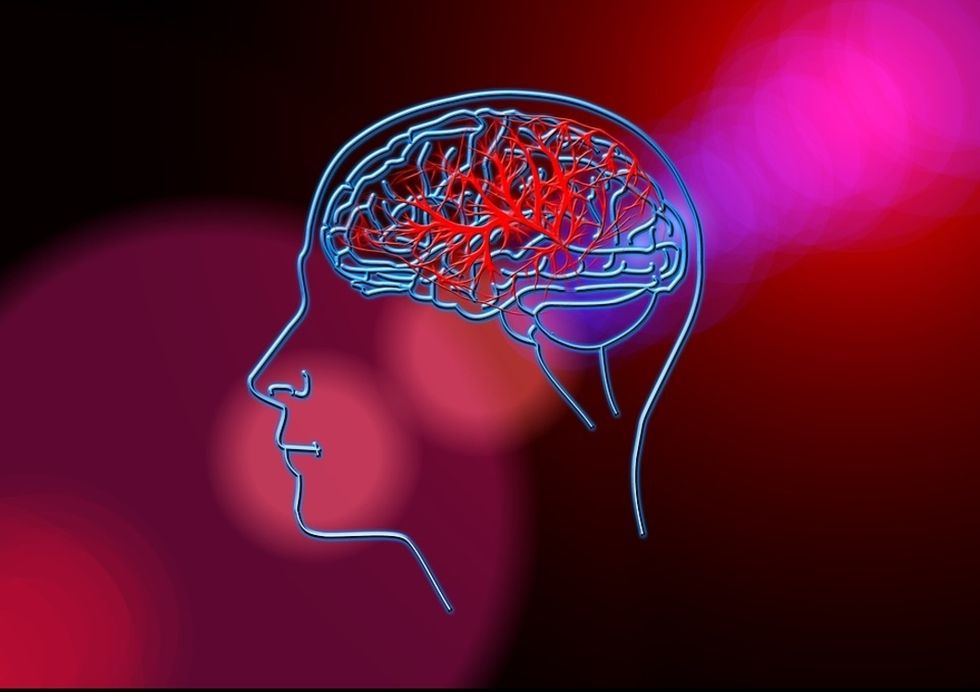"What sorts of words or phrases might you use to describe someone who experiences mental health problems?" This was a question asked to a group of fourteen-year-olds in England for a study that intended to analyze the correlation between stigma, treatment avoidance, and how they referred to people with mental illness. They gave wide-ranging, emotionally-charged and negative terms such as "disturbed," "crazy," "insane," and "freak."
This study was conducted in 2007. There have been many efforts to raise awareness and reduce stigmas associated with mental illness, but we still have a long way to go. As part of a social construction project, my groupmates and I asked students on our campus to fill out surveys regarding mental illness. The questions regarded their own mental illness history, whether or not they knew a family member who suffered, and what terms they associated with mental illness.
We found that some of the same words were written as in the 2007 study: "crazy," "unstable," "disturbed."
Although a few students also included words such as "strength" and "recovery," a majority of the surveys showed that there is still a stigma that exists around people with mental illnesses.
According to a manuscript published by Dr. Brian K. Ahmedani in 2011, "labeling develops as a result of a social selection process to determine which differences matter in society." These labels connect a person or group to undesirable stereotypes which can be stereotyped.
We also focused on how mental illness is misrepresented in the media. According to an article published in the Official Journal of the WPA in 2002, media analyses of film and print identified three main misconceptions about mental illness: 1) mentally ill individuals should be feared because they are homicidal maniacs, 2) these individuals have a child like view of the world and cannot care for themselves or 3) these individuals are responsible for their illness because they have weak character.
This information correlated with studies that showed the public held stigmatizing attitudes about those with mental illness. Although this research was done over ten years ago, through our own research we found that there are still many misleading aspects to characters that are portrayed to suffer from a mental illness.
My group and I reached out to students on campus in an attempt to spread this knowledge and promote some change in the way we view mental illness. We talked with a few students and showed them words that stigmatize and trivialize mental illness, then offered words that captured a more uplifting or realistic idea of it.
We put together a short video that may be viewed here.
Help us spark conversation in the community about the reality of mental illness so that those who suffer do not feel isolated and alone.

















